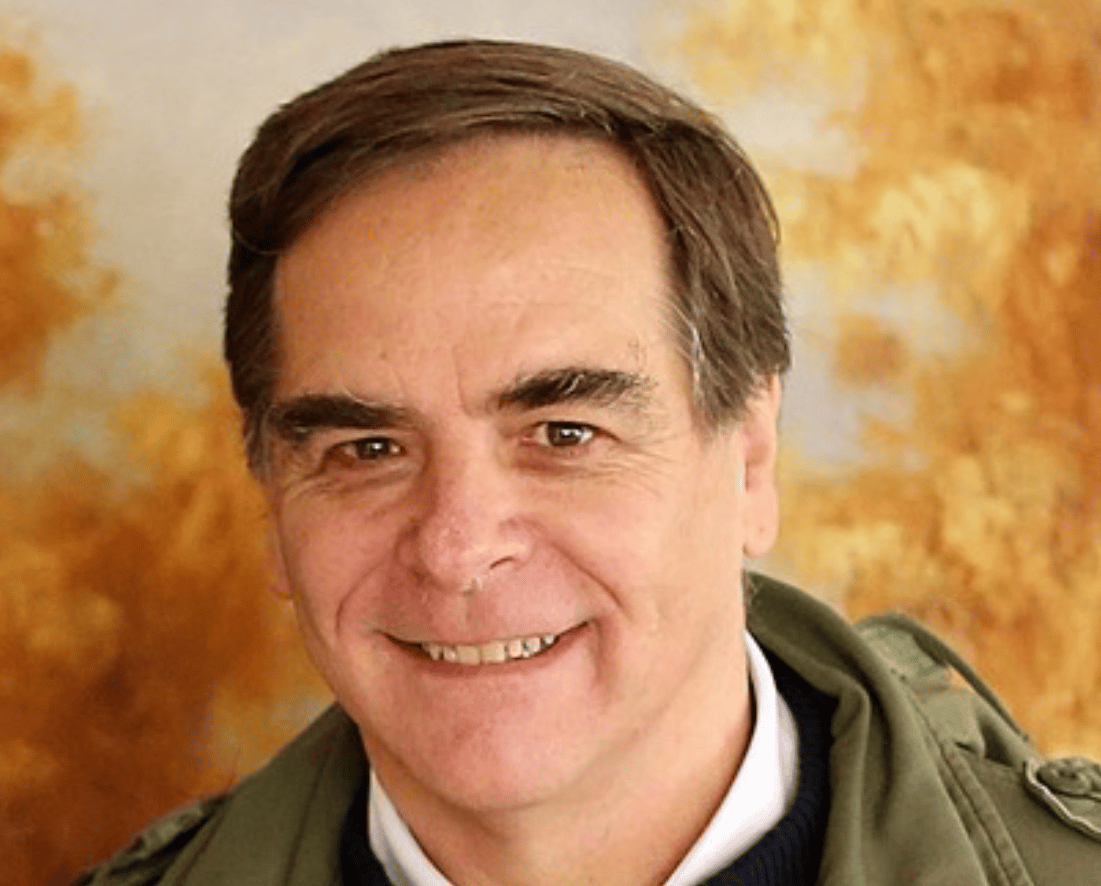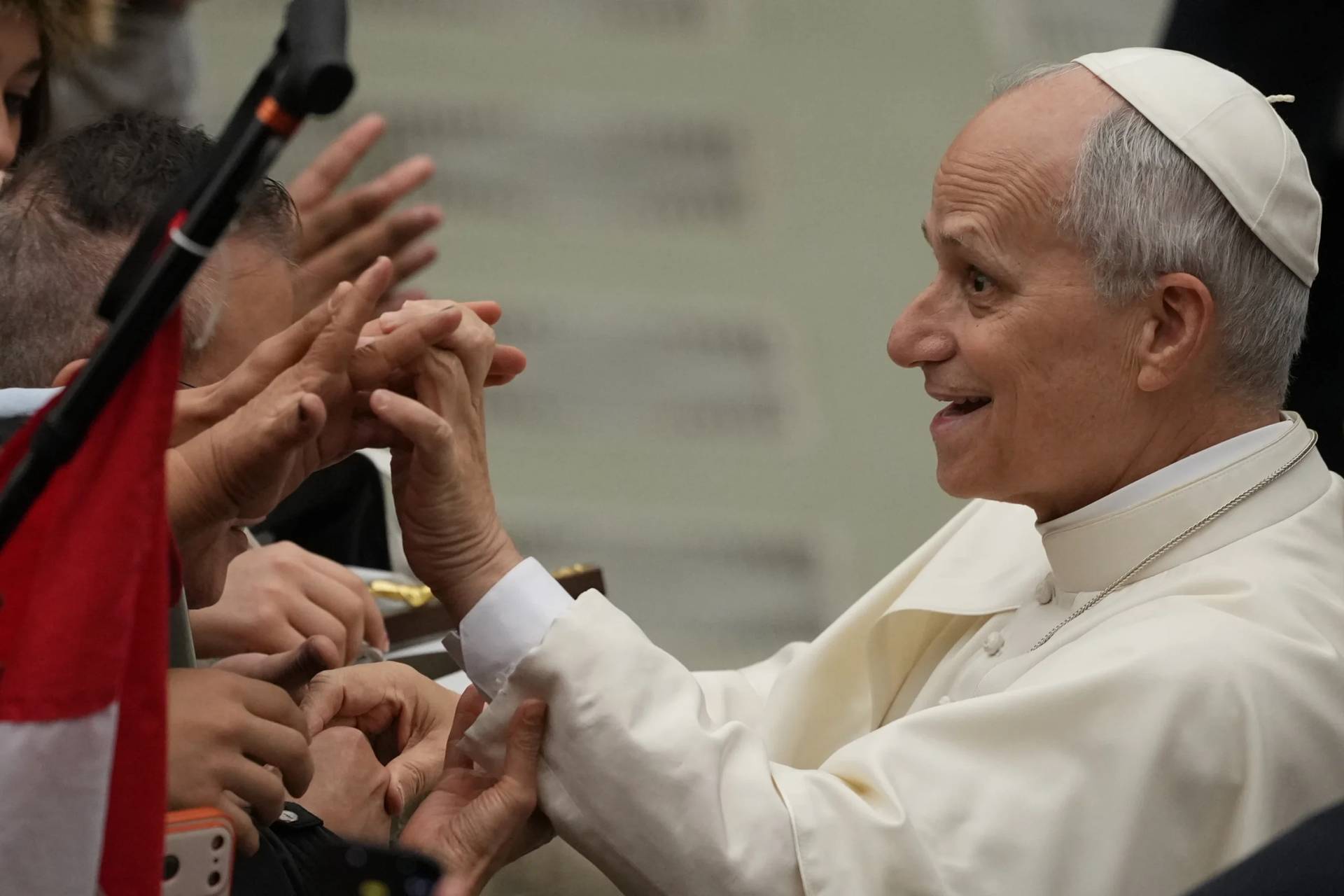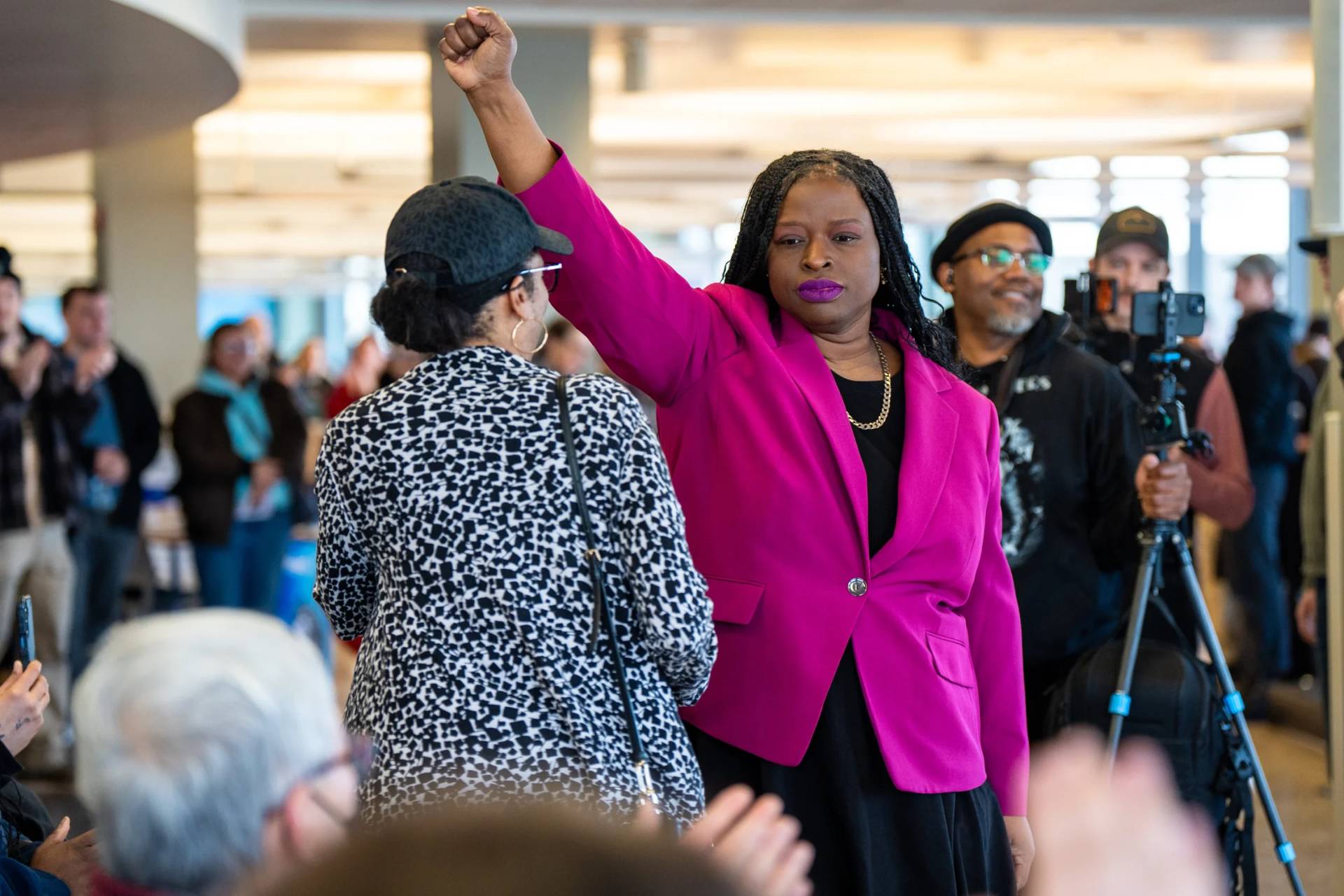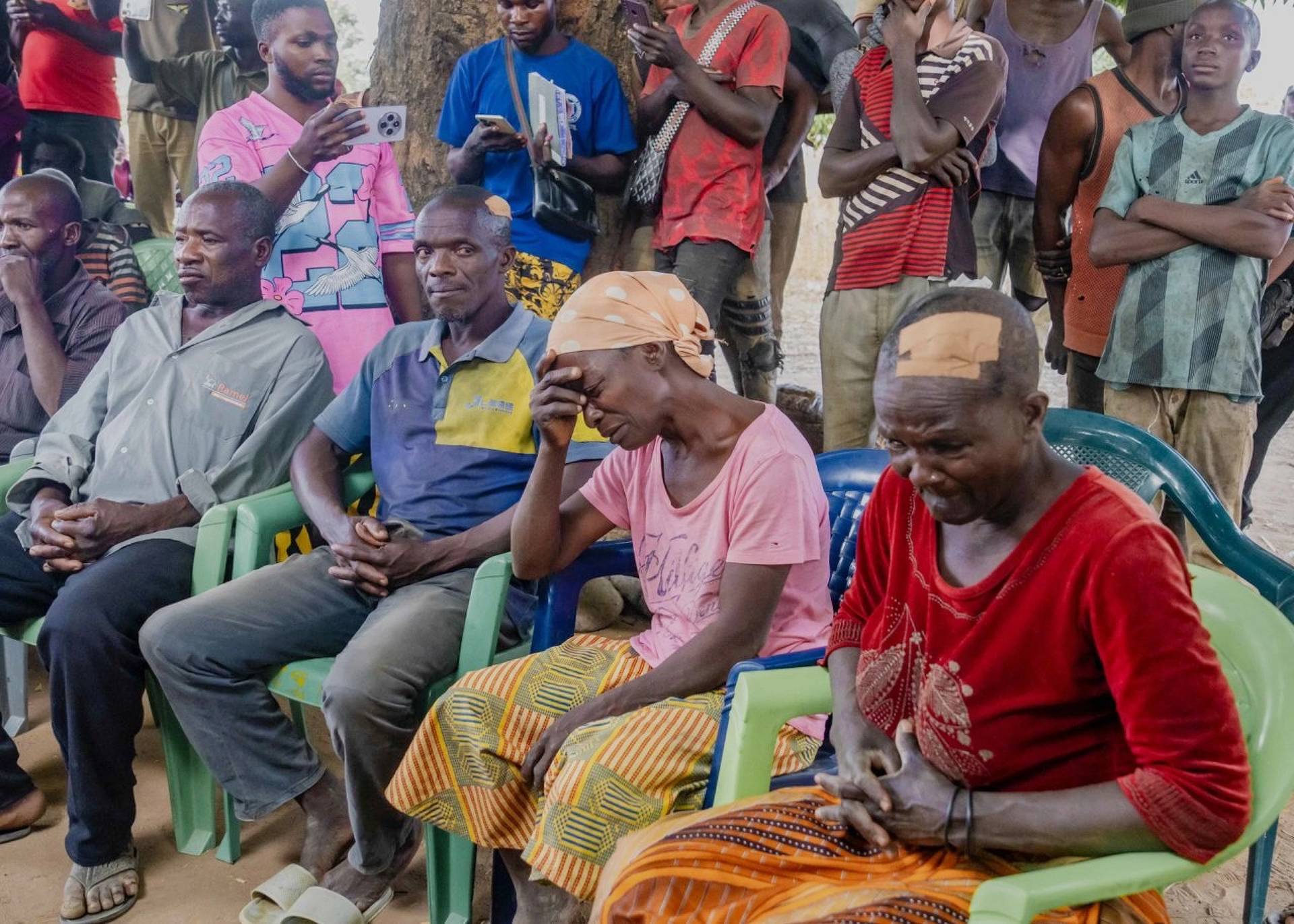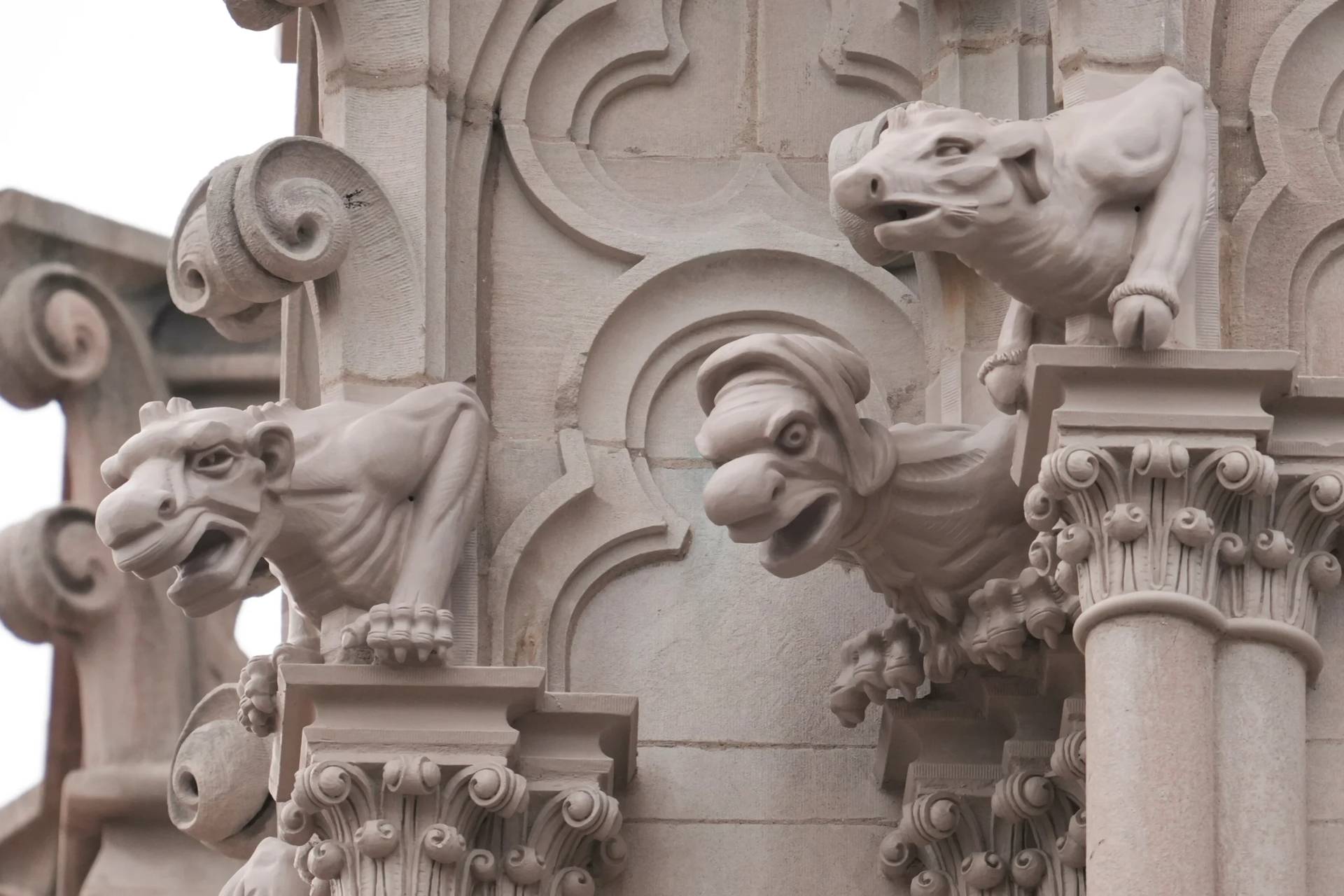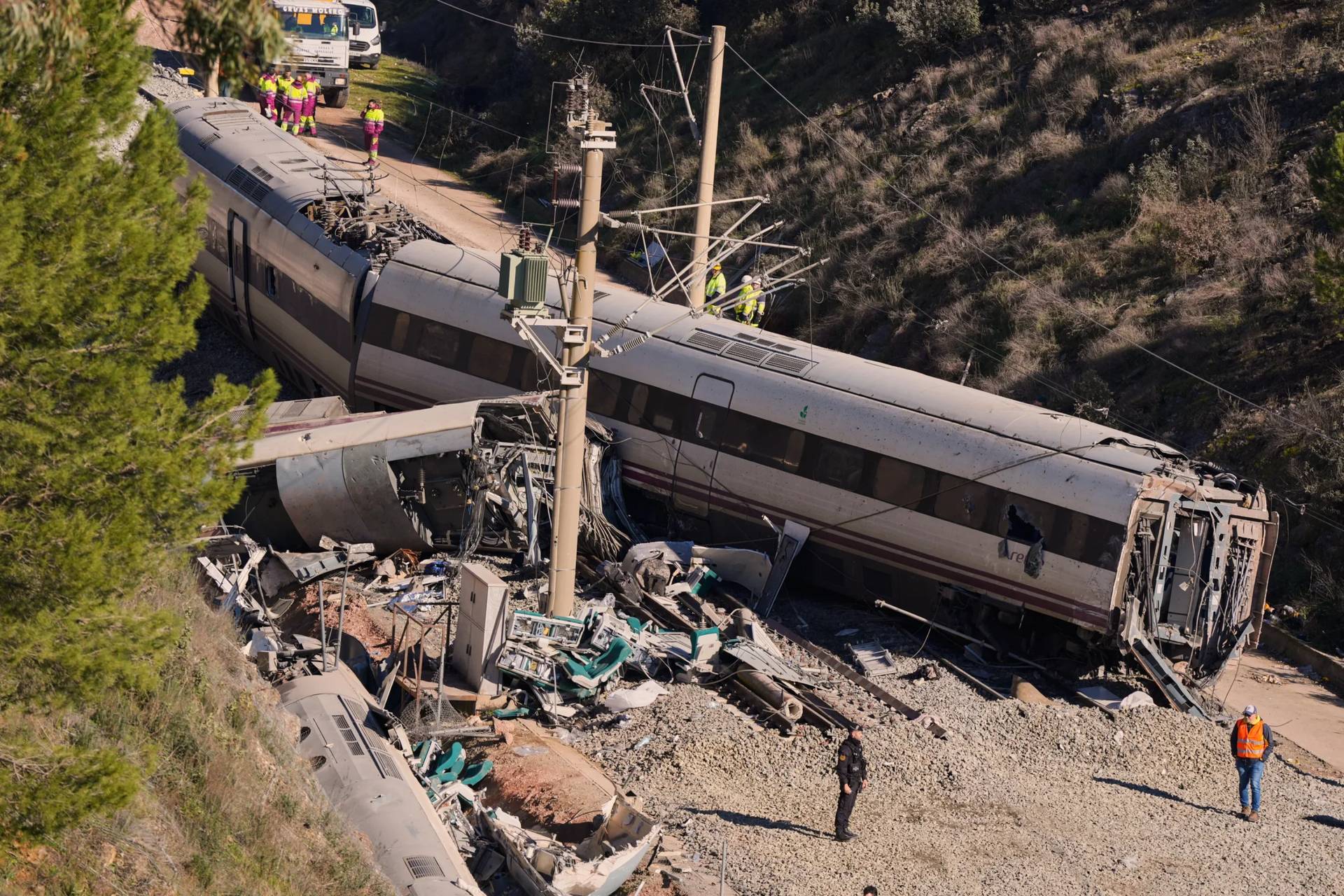MANAGUA, Nicaragua — Nicaragua’s National Assembly, controlled by President Daniel Ortega, outlawed four private universities Wednesday, some linked to the Catholic Church.
The best known of the schools whose legal standing was canceled by the assembly is Polytechnical University of Nicaragua, which was a hotbed of antigovernment protests in 2018.
The measure also affects six aid groups linked to the church and four professional or collegiate associations. One of the professional organizations is the Association of Nicaraguan Songwriters, which was formed by folk musician Luis Enrique Mejía Godoy.
Some of the groups have been critical of Ortega, or in the case of the universities, host to academics or students who are critics of the outlawed entities did not comply with financial reporting requirements. That was the same argument used to ban almost a dozen non-governmental groups last year.
Monsignor Carlos Avilés, vicar of the Archdiocese of Managua, said that banning aid groups “is unfair, it doesn’t contribute to the country’s wellbeing.”
“These institutions are focused on social projects and aid,” Avilés said. “This is an unjust form of repression.”
Some observers had thought a political crackdown by Ortega in 2021 was mainly aimed at arresting opponents to clear the way for his almost unopposed re-election in November. But the events this week suggest his regime is looking to restructure Nicaraguan society.
“The aim is to impose a single model of thought, a vertically organized society to perpetuate Ortega in power,” said Gonzalo Carrión, a lawyer for the human rights group Nicaragua Never Again.
The government announced Monday that it intends to start trials of the 46 political figures arrested in the run-up to the Nov. 7 election. Many of the prisoners, including seven people who had been considered potential candidates to challenge Ortega in the election, which was widely criticized as a farce.
Relatives have said 39 prisoners have been detained for months after the roundup have been subjected to isolation, constant interrogations and insufficient food. Seven others are under a form of house arrest.









